South Africa
Already struggling without electricity for hours a day, many South Africans are now having to do also without water, as power outages batter the supply system.
A power failure at a pump station feeding reservoirs and water towers caused taps to run dry in parts of Johannesburg and Pretoria, provincial utility Rand Water said this week.
This further aggravated residents who for months have had to plan mundane activities such as cooking and do laundry based on a daily blackout schedule.
Thomas Mabasa, a rail worker, said he had taken to showering at work -- a luxury not afforded to his children.
"(They) have to go to school without bathing," the 43-year-old told AFP.
He was among frustrated locals who took to the streets in Soshanguve, a township north of the capital, this week to protest the situation.
Demonstrators disrupted traffic, blocking roads with stones and waste.
"Sometimes we wait to see if the water will come back in the middle of the night to wake the kids up so they can shower before it runs out again," Mabasa said, as tyres burned on the street behind him.
Theft and vandalism
Africa's most industrialised economy has been crippled by record power cuts in the past year, as troubles at debt-laden state energy firm Eskom worsened.
The utility provides about 90 percent of the country's electricity.
But for years it has failed to keep pace with demand as it struggles to maintain its ageing coal-powered infrastructure.
Water and sanitation ministry spokeswoman, Wisane Mavasa said the government was working with water utilities "to improve the situation".
"(The) energy crisis is impacting the water infrastructure," she said.
One problem is that machinery is constantly being restarted because of power cuts, and this accelerates breakdowns, the government said.
Pump stations and water-treatment, which need a steady flow of power to work properly, have been badly impacted, it said.
Criminality has also contributed to the crisis, with Johannesburg's municipality saying hundreds of water tanks were stolen or vandalised in 2022.
Water-scarce country
Hospitals and schools have not been spared.
Kalafong hospital in Pretoria, endured two days of no water at the weekend.
Journalism student Ethel Malatji, 21, said her and colleagues at the Tshwane University of Technology in Pretoria were unable to cook, clean or bathe.
"We don't even have water to drink," she said. Her studies have also been disrupted by protesters burning tyres on a road she crosses to access part of the campus, she said.
The problems have especially hit Johannesburg's Gauteng province, but not exclusively.
Cape Town has had to close some of its beaches due to a sewage spill following electrical faults at some of its sewer stations.
Increasing demand has also put a strain on supply in the country's southeast forcing authorities to implement water rationing.
That might become more common if energy and infrastructure problems are not addressed, said Dewald van Niekerk, who heads the African Centre for Disaster Studies at North-West University.
"Electricity needs to drive those pumps," said van Niekerk.
South Africa -- an already water-scarce country -- is set to experience extreme drought conditions in the next few years with the expected return of the El Nino warm weather pattern, he warned.




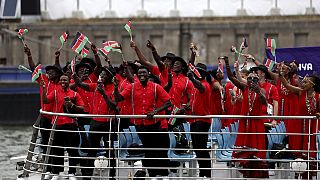
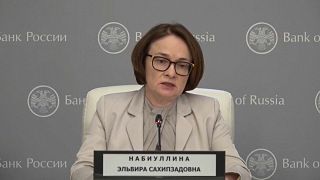
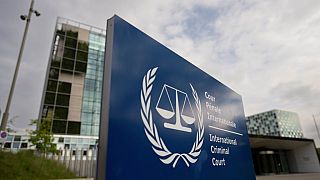
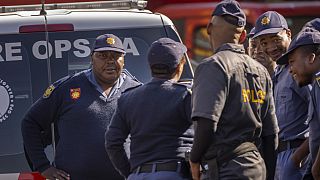

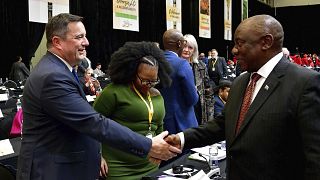

00:51
South Africa to try ex-parliament speaker for corruption
Go to video
Envisioning Africa’s Economic Prospects | Keynote delivered by Dr. Akinwumi A. Adesina
01:19
South Africa's President Ramaphosa unveils new cabinet
Go to video
Which parties form South Africa's national unity coalition?
Go to video
South Africa’s Parliament to open on July 18 – President
01:07
Niger revokes French company's operating licence at major uranium mine